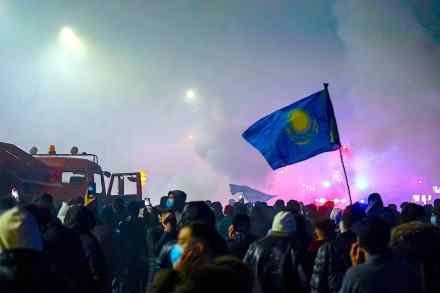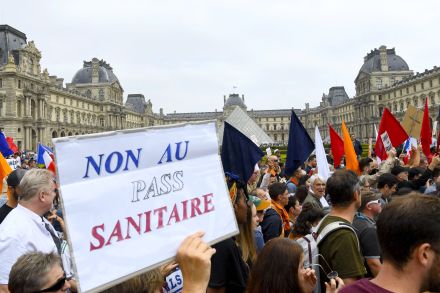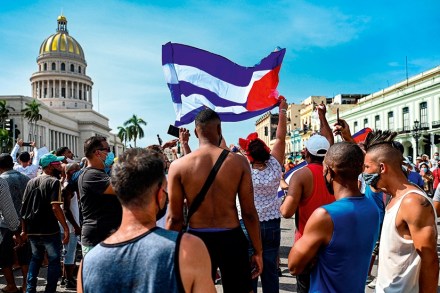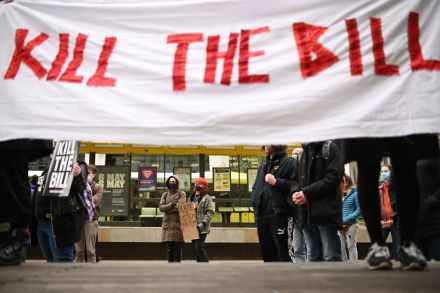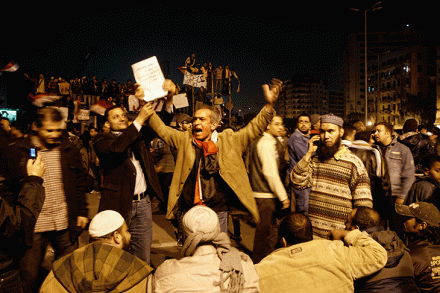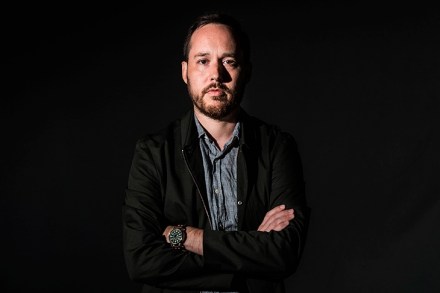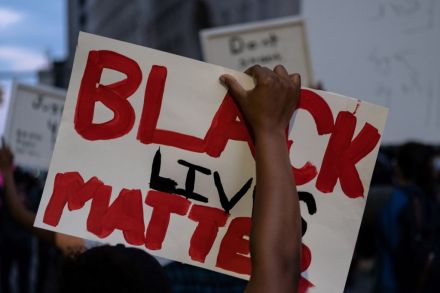Just how much lower can the Conservatives sink?
This is the year in which Michael Gambon died, so by definition a grim one for theatre. Of all the tributes, one of the most acute was by Tom Hollander, who recalled how expressive Gambon’s voice was after 30 years on stage. He could reach hundreds of people while seeming to address only one or two. That’s essential theatre acting. When Gambon turned to cinema, his voice had become supple and mellow. It set me to thinking of other great cinema voices. Simone Signoret came first to mind. Then Jeanne Moreau, James Mason, and above all, Henry Fonda. These actors have you at hello. I would have added Marlene Dietrich,












